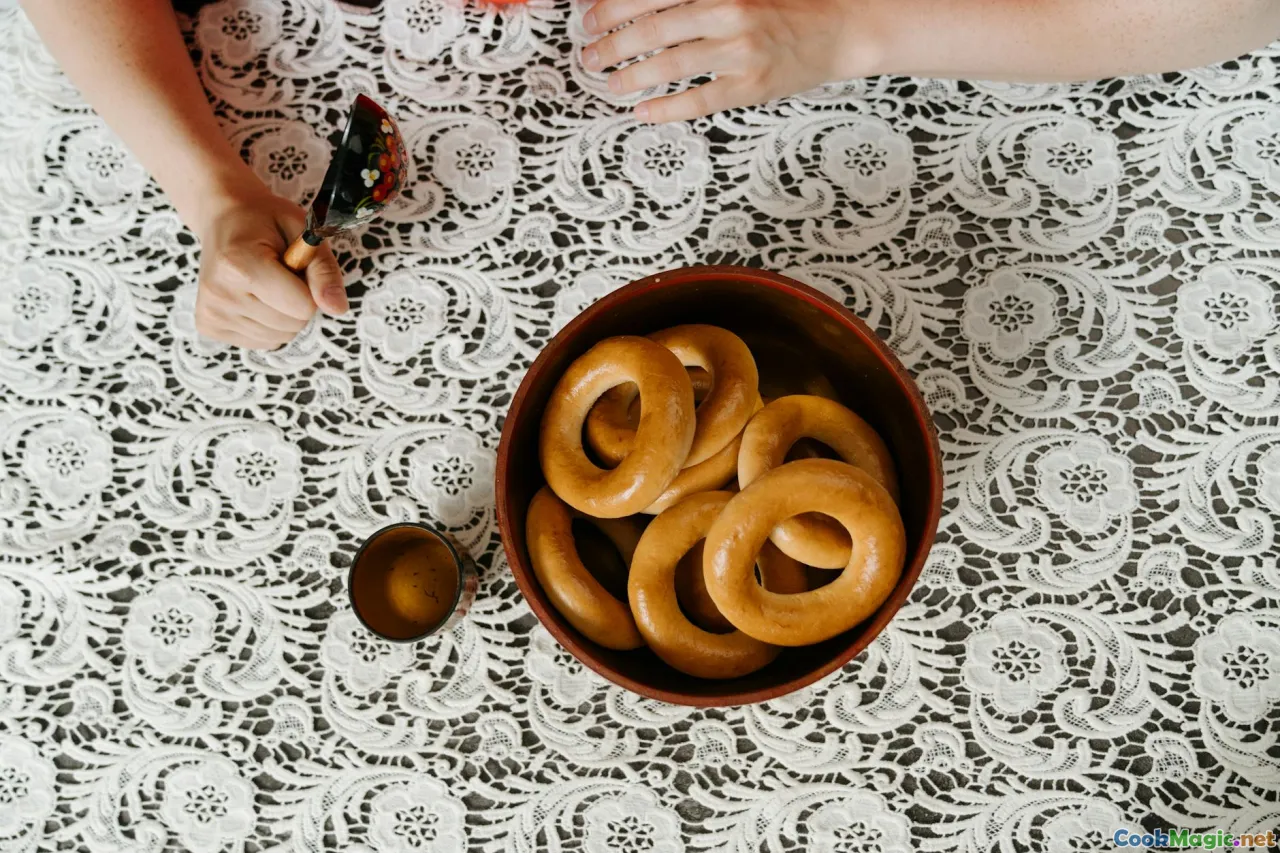Exploring Traditional Bosnian Comfort Foods and Their Roots
8 min read Discover the rich tapestry of Bosnian comfort foods, their cultural roots, and the stories behind these soulful dishes that warm the heart. April 24, 2025 06:00
Exploring Traditional Bosnian Comfort Foods and Their Roots
Imagine walking through the winding streets of Sarajevo at dusk, the air thick with the aroma of roasted meats, freshly baked bread, and simmering stews. Bosnia and Herzegovina, a land woven with history, resilience, and a deep love for hearty, soul-satisfying foods, offers a culinary journey that touches the very essence of comfort. These dishes are more than just sustenance; they are stories, memories, and expressions of a vibrant cultural tapestry that has absorbed influences from the Ottoman Empire, Central Europe, and the Balkans.
The Heart of Bosnian Culinary Heritage
Bosnian cuisine is a mosaic of flavors, textures, and traditions. It reflects a history where diverse cultures intersected, traded, and coexisted, leaving behind a legacy of rich, comforting foods that have stood the test of time. These dishes are often prepared with local ingredients—fresh vegetables, aromatic herbs, tender meats, and homemade bread—crafted with love and a deep sense of community.
The Emotional Landscape of Bosnian Comfort Foods
Food in Bosnia is more than nourishment; it’s an act of hospitality, a way of expressing care, and a means to preserve memories. For many Bosnians, sitting down to a traditional meal is a ritual that connects generations, a moment to share stories and laughter. The warmth of a steaming bowl of Begova Čorba or the tender embrace of Ćevapi on a cold day can evoke feelings of home, belonging, and resilience.
Signature Dishes and Their Roots
1. Begova Čorba (Bosnian Chicken and Vegetable Soup)
Originating from the Ottoman influence, Begova Čorba is a thick, hearty soup that combines chicken, vegetables, and aromatic herbs simmered to perfection. Its deep, savory flavor is enhanced by spices like paprika and pepper, with a splash of lemon juice to brighten the broth. Served with a crusty piece of somun bread, it’s a comforting start to any meal that feels like a warm embrace.
2. Ćevapi (Grilled Minced Meat Sausages)
Few dishes encapsulate Bosnian street food culture like Ćevapi. These small, finger-sized sausages made from a mixture of beef, lamb, and pork are seasoned with garlic, paprika, and salt, then grilled over charcoal until smoky and tender. They are traditionally served with chopped raw onions, fresh flatbread (somun), and a side of ajvar—a smoky red pepper relish that adds a burst of flavor. The sensory experience—juicy, smoky, and addictive—is unforgettable.
3. Burek (Savory Pastry)
Burek is a flaky, golden pastry filled with minced meat, cheese, or spinach. Its roots trace back to Ottoman culinary traditions, but each region in Bosnia adds its unique twist. The layers of thin dough, baked to crispy perfection, melt in your mouth, releasing warm, savory fillings that evoke the aroma of childhood kitchens and family gatherings.
4. Sogan-dolma (Stuffed Onions)
A lesser-known yet profoundly comforting dish, Sogan-dolma features large onions hollowed out and filled with a mixture of minced meat, rice, herbs, and spices. The stuffed onions are then simmered in a flavorful tomato sauce until tender. The result is a dish that combines sweet, caramelized onion flavor with savory richness—a true testament to Bosnian culinary ingenuity.
5. Potato Burek and Pastry Variations
In regions where potatoes are a staple, variations of burek with grated or mashed potatoes are popular, often flavored with herbs and served alongside yogurt or sour cream. This dish exemplifies the creative adaptation of Ottoman recipes to local ingredients and tastes.
The Cultural Significance of Bread and Hospitality
In Bosnia, bread is much more than a staple; it’s a symbol of life, hospitality, and community. The traditional somun bread, baked in wood-fired ovens, is often the centerpiece of a meal. Sharing bread signifies trust and friendship, embodying a culture that values warmth and connection.
Personal Stories and Local Traditions
During my visits to Bosnia, I’ve experienced firsthand the emotional power of these dishes. I recall a winter evening in Mostar, where a family invited me into their modest home. The aroma of freshly baked burek and simmering Begova Čorba filled the room. As we gathered around a wooden table, the warmth of food intertwined with stories of survival and hope. Each bite carried the weight of history, resilience, and an unbreakable bond to tradition.
Preserving and Evolving Bosnian Food Culture
Today, Bosnian cuisine continues to evolve, blending age-old recipes with modern twists. While restaurants serve traditional dishes with authenticity, home kitchens remain the heart of culinary preservation. Young chefs are experimenting with local ingredients, creating fusion dishes that honor tradition while embracing innovation.
Conclusion: A Culinary Love Letter to Bosnia
Exploring Bosnian comfort foods is like opening a window into a soul—rich, resilient, and full of warmth. These dishes are more than just recipes; they are cultural artifacts that tell stories of love, hardship, and community. Whether you’re savoring a bowl of Begova Čorba, biting into smoky Ćevapi, or sharing a piece of burek with loved ones, you partake in a tradition that spans centuries.
So, next time you seek comfort in a meal, remember the soulful flavors of Bosnia—where every dish is a heartfelt expression of life itself, crafted with passion and rooted in history. Embrace these flavors, and let them remind you of the enduring power of food to connect, heal, and inspire.
Bosnian cuisine invites you to experience its comforting embrace—one bite at a time.









